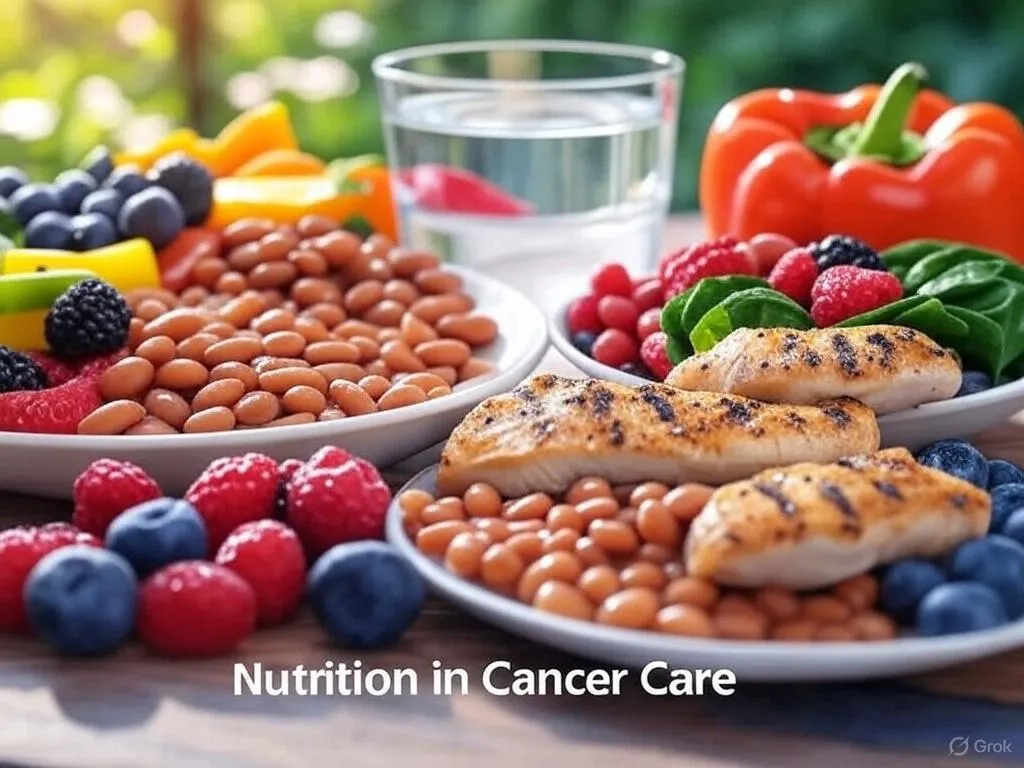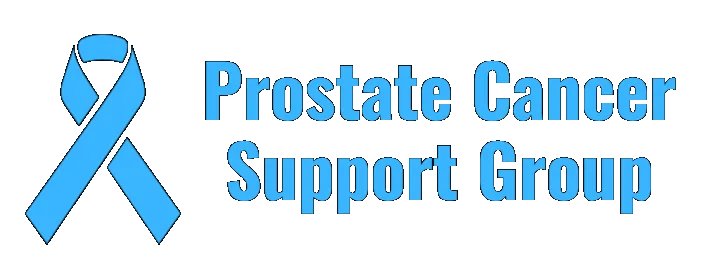Understanding the Role of Nutrition in Cancer Care
May 15, 2025, by Coach Brian McCarthy

"Nutrition is not just a side dish in cancer care; it’s the main course that fuels the body’s fight against disease. Every bite can be a step toward healing." - CLC Brian McCarthy
Did you know that your diet can have a significant impact on your cancer care? The role of nutrition in cancer care is often underrated yet fundamentally crucial. In fact, the American Cancer Society highlights the importance of good nutrition for people with cancer. So, let's uncover some aspects related to this critical health factor!
Understanding the Role of Nutrition in Cancer Care
When facing a cancer diagnosis, patients and their loved ones often seek ways to support treatment and improve quality of life. While medical interventions like chemotherapy, radiation, and surgery are critical, nutrition plays a vital yet sometimes overlooked role in cancer care. Proper nutrition can support the body during treatment, manage side effects, and contribute to overall well-being. In this article, we’ll explore why nutrition matters, how it impacts cancer care, and practical tips for making informed dietary choices.
Why Nutrition Matters in Cancer Care
Cancer and its treatments place significant demands on the body. Tumors can increase metabolic rates, while treatments like chemotherapy may cause side effects such as nausea, fatigue, or loss of appetite. These challenges can lead to malnutrition, weight loss, or weakened immunity, making it harder for the body to cope with treatment or recover.
Good nutrition serves several key purposes in cancer care
Supports Strength and Energy: Adequate calories and nutrients help maintain body weight and muscle mass, which are essential for physical resilience.
Boosts Immune Function: A balanced diet rich in vitamins and minerals supports the immune system, aiding the body in fighting infections.
Manages Side Effects: Tailored dietary choices can alleviate treatment-related symptoms like nausea, diarrhea, or mouth sores.
Improves Quality of Life: Eating well can enhance mood, energy levels, and overall well-being, empowering patients to feel more in control.
Emerging research also suggests that nutrition may influence cancer progression and recurrence, though more studies are needed. For now, the focus remains on using nutrition to complement medical treatments and optimize health.
Key Nutritional Considerations for Cancer Patients
Every cancer journey is unique, and nutritional needs vary based on the type of cancer, treatment plan, and individual health status. However, there are general principles that can guide dietary choices:
Prioritize Protein - Protein is crucial for repairing tissues, maintaining muscle mass, and supporting immune function. Cancer patients often need more protein than healthy individuals. Include lean sources like chicken, fish, eggs, beans, tofu, or Greek yogurt. If appetite is low, protein shakes or smoothies can be an easier option.
Focus on Nutrient-Dense Foods - Treatment side effects can make eating challenging, so choose foods packed with nutrients. Fruits, vegetables, whole grains, and healthy fats (like avocados, nuts, and olive oil) provide vitamins, minerals, and antioxidants that support overall health.
Stay Hydrated - Dehydration is a common issue during cancer treatment, especially if vomiting or diarrhea occurs. Aim to drink water, herbal teas, or clear broths throughout the day. If plain water is unappealing, try infusing it with fruit or cucumber for flavor.
Manage Side Effects with Food Choices
Nausea: Eat small, frequent meals and opt for bland foods like crackers, rice, or bananas. Ginger tea or candies may also help.
Loss of Appetite: Choose high-calorie, nutrient-rich foods like nut butters, cheese, or smoothies. Eating in a pleasant environment can also stimulate appetite.
Mouth Sores: Avoid acidic or spicy foods and stick to soft, easy-to-swallow options like mashed potatoes or oatmeal.
Taste Changes: Experiment with herbs, spices, or marinades to make food more appealing if treatments alter taste.
Limit Processed Foods and Sugars
While no food directly “feeds” cancer (a common myth), a diet high in processed foods and added sugars may contribute to inflammation or weight gain, which can complicate treatment. Focus on whole, minimally processed foods whenever possible.
The Role of Supplements and Special Diets
Many patients wonder about supplements or special diets (e.g., ketogenic, alkaline, or vegan diets) in cancer care. While some supplements, like vitamin D or omega-3s, may be beneficial in specific cases, others can interfere with treatments or cause harm. Always consult a healthcare provider or oncology dietitian before starting supplements.
Similarly, no single diet has been proven to cure cancer or universally benefit all patients. Restrictive diets may lead to nutrient deficiencies, especially during treatment when the body needs a variety of nutrients. A personalized approach, guided by a professional, ensures that any dietary plan aligns with medical needs and goals.
Practical Tips for Patients and Caregivers
Navigating nutrition during cancer care can feel overwhelming, but small steps can make a big difference. Here are some actionable tips:
Work with a Dietitian: An oncology dietitian can create a tailored nutrition plan based on your treatment, symptoms, and preferences.
Plan Ahead: Prepare meals or snacks in advance to ensure healthy options are available, especially on tough days.
Listen to Your Body: Appetite and preferences may change day to day. Be flexible and focus on what feels manageable.
Involve Loved Ones: Caregivers can help with grocery shopping, cooking, or researching recipes that suit your needs.
Stay Informed: Reliable resources like the American Cancer Society or National Cancer Institute offer evidence-based nutrition guidance.
Nutrition as Part of Holistic Cancer Care
Nutrition is not a standalone solution for cancer, but it’s a powerful tool in the broader context of care. By nourishing the body, patients can better tolerate treatments, recover more effectively, and maintain a sense of agency during a challenging time. Beyond physical benefits, eating well can foster emotional resilience and hope, reminding patients and families that they’re taking proactive steps toward health.
If you or a loved one are navigating cancer, don’t hesitate to seek support from healthcare professionals. A team approach—combining medical expertise, nutritional guidance, and emotional care—can make all the difference.
Sources and Further Reading:
American Cancer Society: Nutrition for People with Cancer: https://www.cancer.org/cancer/survivorship/coping/nutrition.html
National Cancer Institute: Nutrition in Cancer Care: https://www.cancer.gov/about-cancer/treatment/side-effects/nutrition
Academy of Nutrition and Dietetics: Oncology Nutrition: https://www.oncologynutrition.org/home
Note: Always consult with your healthcare team before making significant dietary changes, as individual needs vary.
Disclaimer
Coach Brian McCarthy is a certified Life Coach but is not a doctor; please consult your own medical team before starting something, stopping something or making changes to your prostate cancer battle plan.
Next Steps
Let us be your beacon of hope during this challenging journey. From emotional support to practical strategies, we tailor our coaching sessions to help you manage the roller coaster of emotions that come with dealing with prostate cancer. Together, we’ll empower you to stay strong, resilient, and optimistic in the face of adversity.
Use the calendar below to book your complementary discovery call on ‘Finding Clarity and Certainty in Your Recovery After Prostate Cancer Surgery’ or to discuss our coaching services for you and your family.
Don’t wait… your mental well-being matters just as much as your physical health – let us walk beside you every step of the way! – book your FREE conversation to discuss how we can help you today!

